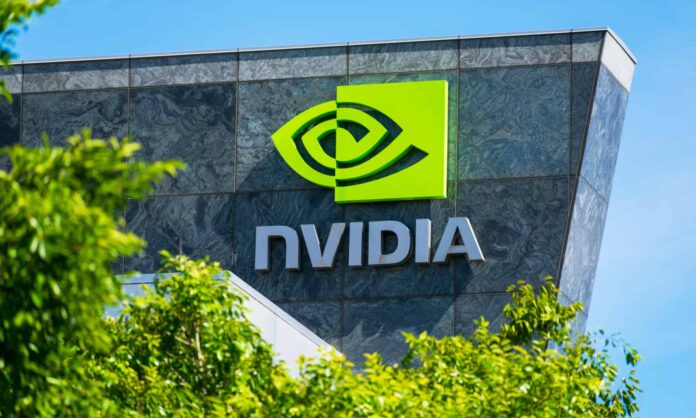Nvidia’s planned resumption of H20 AI chip sales to China is now part of ongoing U.S. negotiations over rare earth exports, according to U.S. Commerce Secretary Lutnick. The announcement comes just days after Nvidia CEO Jensen Huang met with President Donald Trump.
“We put that in the trade deal with the magnets,” Lutnick told Reuters, referencing a broader agreement involving the resumption of rare earth shipments to U.S. manufacturers. He did not elaborate further.
Nvidia, which had forecast a $15 billion revenue hit due to export curbs, said late Monday it is filing applications with the U.S. government to resume sales of its H20 graphics processing unit (GPU) to China. The company said it has been assured that licenses will be approved soon. Shares rose 4% on the news.
The reversal of the chip export restriction—originally aimed at limiting Chinese access to advanced AI technologies—drew immediate criticism from U.S. lawmakers on both sides of the aisle.
Democratic Representative Raja Krishnamoorthi, ranking member of the House Select Committee on China, called the decision “misguided,” warning it “would not only hand our foreign adversaries our most advanced technologies, but is also dangerously inconsistent with this Administration’s previously-stated position on export controls for China.”
Republican Representative John Moolenaar, chair of the same committee, said he would seek clarification from the Commerce Department. “The H20 is a powerful chip that, according to our bipartisan investigation, played a significant role in the rise of PRC AI companies like DeepSeek,” he said, referencing a Chinese startup claiming to develop AI models more cheaply than U.S. rivals like OpenAI. “It is crucial that the U.S. maintain its lead and keep advanced AI out of the hands of the CCP.”
Sources told Reuters that Nvidia’s move has already triggered a surge in demand from Chinese firms eager to secure H20 chips. While these chips comply with current U.S. export rules and are less powerful than versions sold elsewhere, they still run on Nvidia’s software ecosystem, which has become an industry standard.
CEO Jensen Huang, currently visiting Beijing, is expected to speak at a supply chain expo on Wednesday. Speaking to Chinese broadcaster CCTV, Huang said: “The Chinese market is massive, dynamic, and highly innovative, and it’s also home to many AI researchers. Therefore, it is indeed crucial for American companies to establish roots in the Chinese market.”
According to Nvidia’s most recent annual report, China accounted for $17 billion in revenue—about 13% of its total sales for the fiscal year ending January 26.
Major Chinese tech firms like ByteDance and Tencent are reportedly preparing licence applications to purchase H20 chips. One source said Nvidia has created an internal list of approved Chinese companies eligible to apply for access. Nvidia declined to comment on this system. ByteDance and Tencent did not respond to requests for comment.
Asked about Nvidia’s move at a routine press briefing, a Chinese Foreign Ministry spokesperson said: “China is opposed to the politicisation, instrumentalisation and weaponisation of science, technology, and economic and trade issues to maliciously blockade and suppress China.”
Huang’s trip is being closely monitored in Washington. A bipartisan pair of U.S. senators recently sent him a letter urging him not to meet with companies affiliated with China’s military or intelligence services—or with entities on the U.S. restricted export list.
Meanwhile, AMD, Nvidia’s AI chip rival, said the Commerce Department is reviewing its own licence applications to export MI308 chips to China. AMD also expects to resume shipments upon approval. Its shares rose 7% in Tuesday trading.




